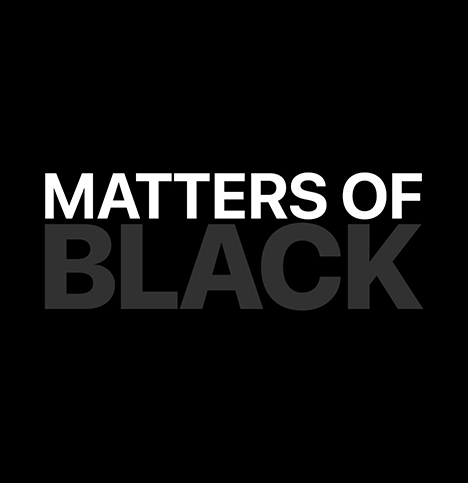George Floyd Act: Status, Opposition, Favor, and Key Provisions
Status of the Act
The George Floyd Act, officially known as the George Floyd Justice in Policing Act, passed the House of Representatives in 2021. Its aim is to increase accountability in law enforcement and address widespread discrimination and excessive use of force. As of this writing, it remains stalled in the Senate due to intense debate and opposition.
Opposition to the Act
- Movement for Black Lives: This organization argues that the act does not sufficiently address the systemic issues and root causes of police violence, especially against marginalized communities.
- Republicans: Generally opposed to the act for the following reasons:
- Insufficient Reform: Some believe the act doesn’t make the necessary changes needed in the wake of George Floyd’s death.
- Drain on Resources: Concerns that the legislation would reduce law enforcement resources and endanger officers.
- Qualified Immunity Debate: Opposition to ending qualified immunity for officers, fearing it would hamper effective policing and public safety.
- Notable Exceptions: Exceptions to this stance exist, such as Representative Lance Gooden.
- Moderate Democrats: Also have voiced concerns.
Favor of the Act
- Democrats: Generally in strong favor, seeing the act as a necessary step toward systemic reform.
- General Public: Various polls show support for the act and its specific provisions.
Key Provisions of the Act
- Racial Profiling Prevention: Establishment of federal regulations to prevent and remedy racial profiling at all levels of law enforcement.
- Banning Chokeholds and Carotid Holds: A nationwide ban at the federal level and encouragement for states to follow suit.
- Limiting Unnecessary Use of Force: Implementing a national standard for police operation and forcing transparent data collection on police encounters.
- Restrictions on No-Knock Warrants: Banning no-knock warrants in federal drug cases and incentivizing states to do the same.
- Ending Qualified Immunity: Making it easier to hold officers liable for misconduct.
Public Opinion on Specific Provisions
- Federal Ban on Chokeholds: Supported by 71% of voters.
- Mandated Body Cameras: Supported by 84%.
- Prohibition of Racial Profiling: Supported by 71%.
- End to Qualified Immunity: Supported by 59%.
Conclusion
The George Floyd Act’s ambition to instigate a sea change in American policing practices has met with both considerable support and significant resistance. While the public’s favor and Democratic backing push the act forward, deep disagreements, particularly concerning qualified immunity and resource allocation, create barriers. These divisions highlight the intricate and controversial nature of police reform in the United States.

